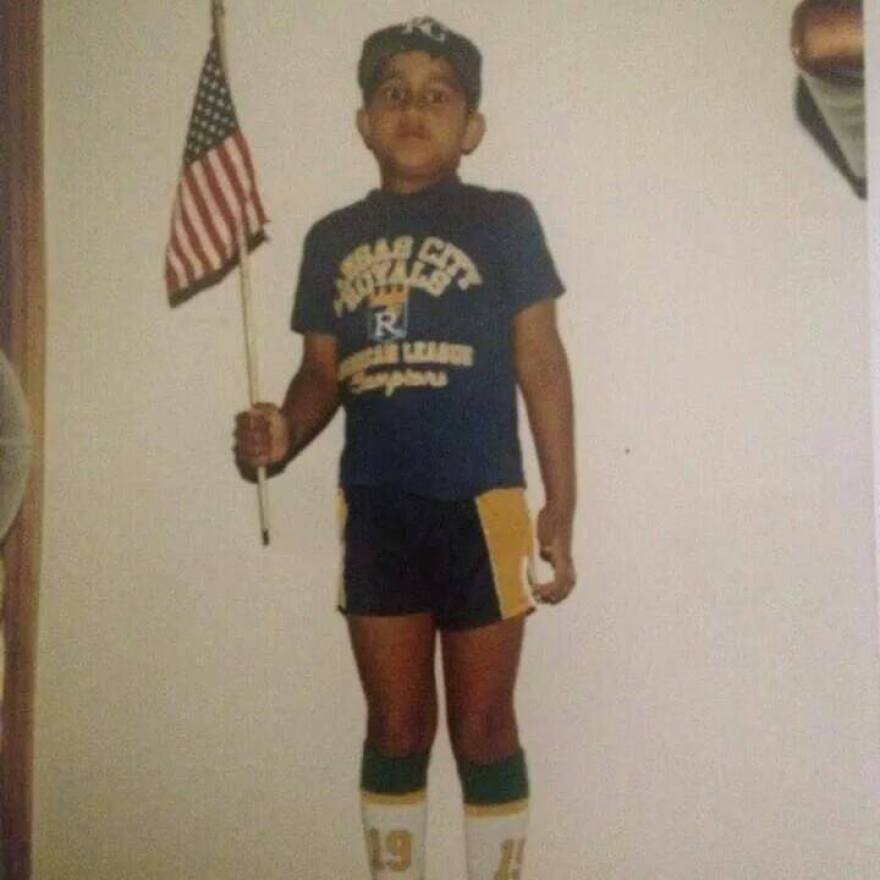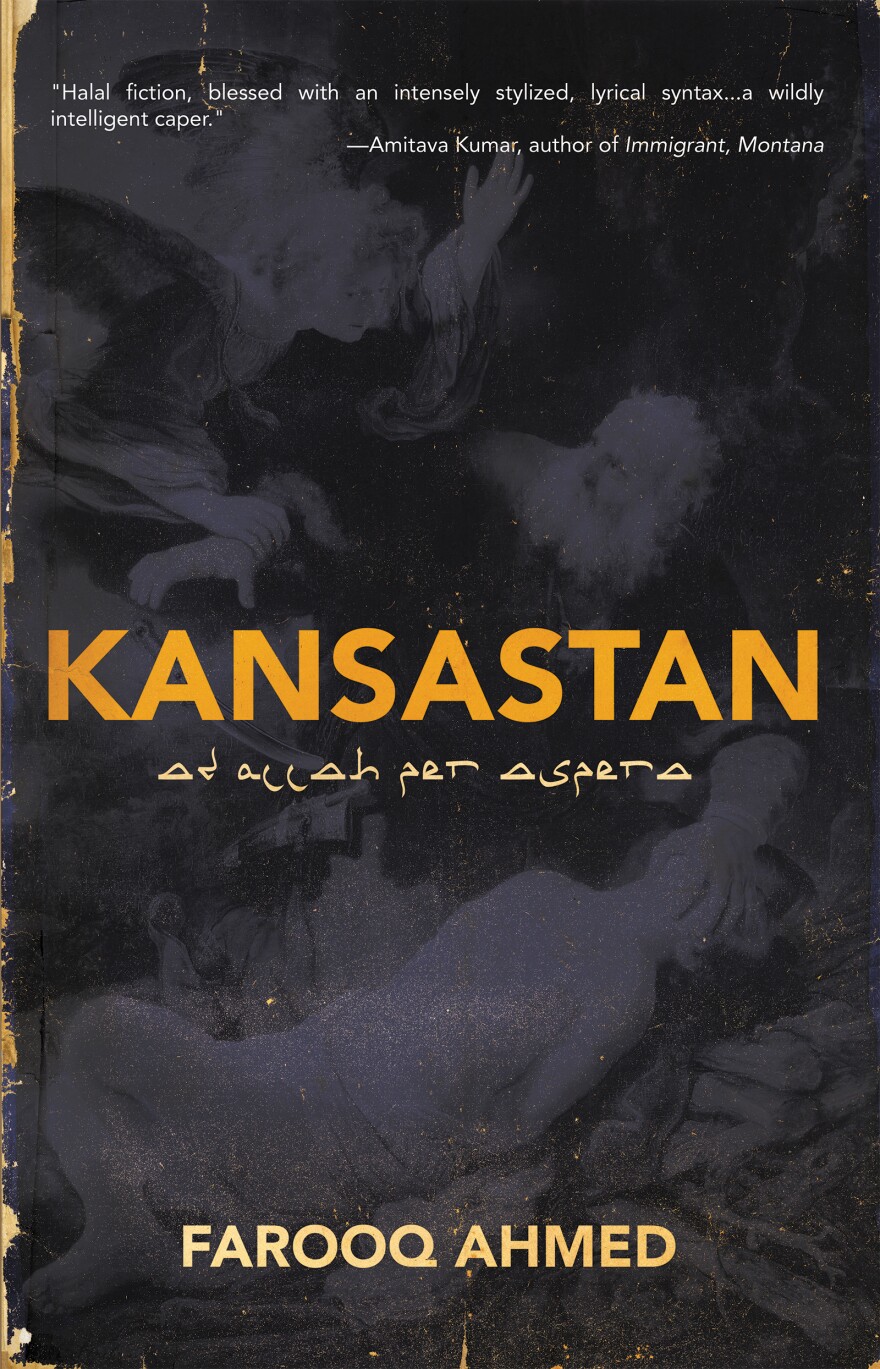News about border wars in other nations can feel so distant that it's easy to tune out. The Israeli-Palestinian conflict has raged for decades and so has the Kurdish-Turkish conflict, though that one has recently escalated.
But writer Farooq Ahmed asks everyone to hold up for a minute and recall that the years leading to the United States' Civil War offered much the same sort of fighting. In his novel "Kansastan," Ahmed adds a twist to that part of Kansas-Missouri history.
"I was really looking at that period of Kansas as a reflection of all of these other border wars that are happening and how they reflect the political realities of the time," Ahmed says.
The author grew up in Leawood, Kansas, but has since relocated to California. He visits home frequently.
His parents immigrated to the United States from central India in the 1970s. Ahmed describes his upbringing as Indian Shia Muslim Kansan American.
He says he grew up a brown person in a white place. So, his decision to move to New York City, and what led to the stories that became "Kansastan," was partially based on a desire to see what it would be like to "dissolve into the background."

He was able to do that for a few weeks. Then came September 11.
Seemingly overnight, Ahmed says, people who'd ignored him in public started using body language indicating they were trying to protect themselves from him.
"It was really a bizarre flip in my own personal circumstances. It was the exact opposite of what I'd wanted when I had chosen to live in New York City," he says.
Processing those feelings led him to create the character sometimes referred to as "Scrub" in "Kansastan."
Farooq describes him as "desirous of power in a way that all these Islamophobes said we were; who was duplicitous in a way that all of these Islamophobes said we were."
The boy, who's maybe 13, has been an orphan for as long as he knows. He's clearly bad-off in a lot of ways, and then, to make matters worse, someone ships him across the prairie to a mosque where he'll live as a servant to the imam.
Ahmed writes: "…clutching an empty leather case, my leg braces glistening with goat slather, my head swathed in a crown of muslin and clover, and riding a goat that I would slaughter in a year's time — I entered the Great Mosque of the Holy State of Kansas."

The protagonist of the novel is fresh and unusual, as is the language. Ahmed describes it as "Quranic high-minded language" mixed with the perspective of a first-generation English-learner.
In one scene, the character thinks he's approaching a giant birch tree, then he thinks it's a steeple, but upon moving closer he sees that it’s a minaret, "a pale and knotted finger raised high on a fist of earth."
Though Islam figures prominently in this reimagined history, it’s the fanatical Jayhawkers who safeguard the state from the Missouri Bushwhackers, just like old times. The boy feels a great deal of disdain for the Missourians ("Who would shoot a horse in the face? A Missourian, that's who"), but they're not the only ones.
He also has a bone to pick with the devout Kansas Muslims who visit the mosque, and he showers them with rocks from the minaret every chance he gets.
Ahmed says this deviance comes from Scrub's desire to impose himself on the landscape, and his wish to capture the attention of those around him.
"Eventually, he does that in his own devious ways, but it stems from the desire of a powerless person trying to wish himself into situations or wish the world was different than it is," Ahmed says.
It's an exploration of what it means to be an American, Ahmed says, but is also about the role religion can play in motivating people to either take up arms against others or embrace them. That's the tension in American religious, political life.
Or, as Scrub sums it up: "a story of my perseverance in the face of familial, sectarian, and international persecution — in that order."
Farooq Ahmed reads from "Kansastan," 4-6 p.m. Sunday, November 10 at Prospero’s Bookstore, 1800 W. 39th Street, Kansas City, Missouri 64111. For a complete list of area events see the book's website.
Farooq Ahmed spoke with KCUR on a recent edition of Central Standard. Listen to the entire conversation here.
Follow KCUR contributor Anne Kniggendorf on Twitter, @AnneKniggendorf.


